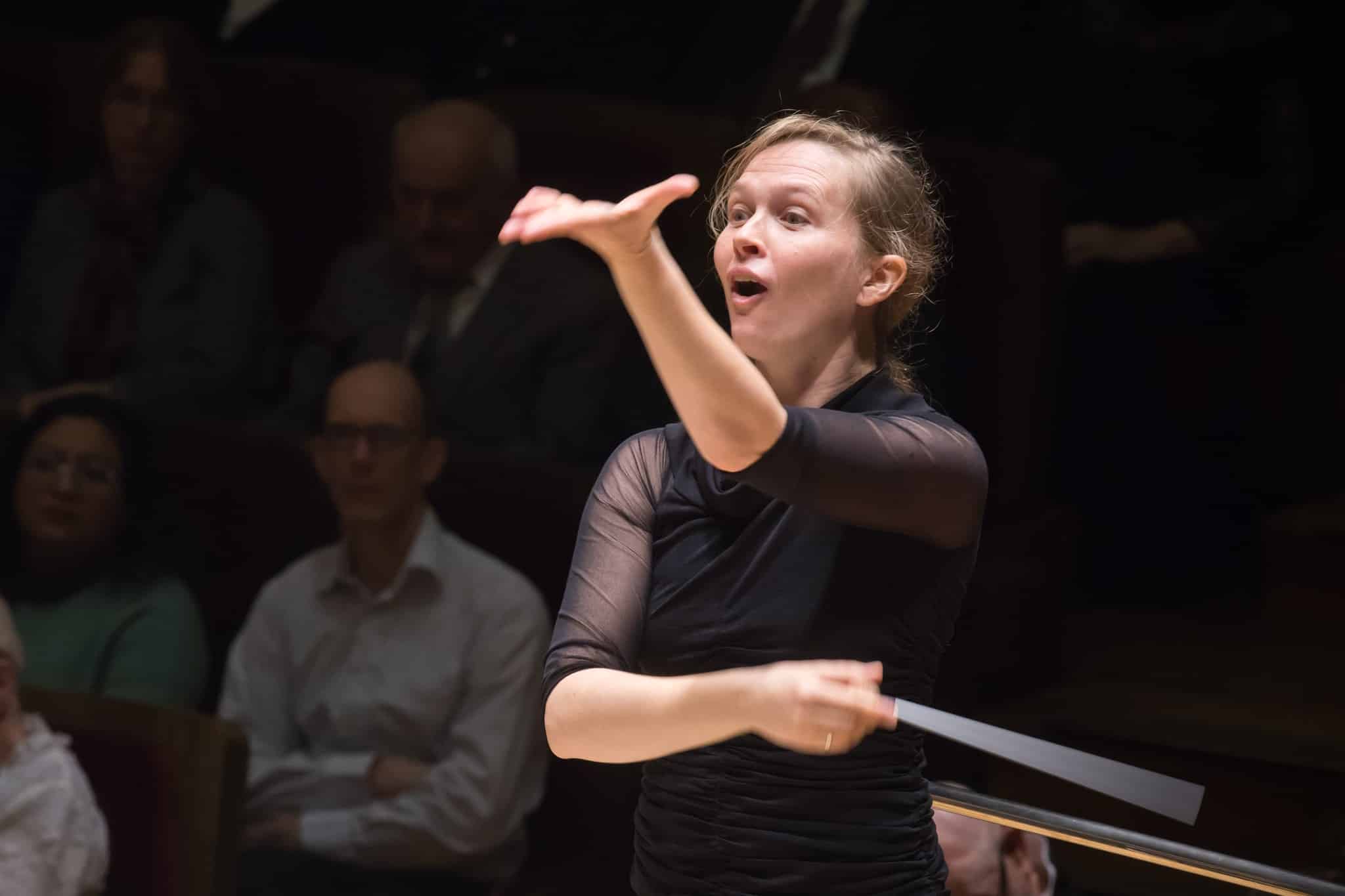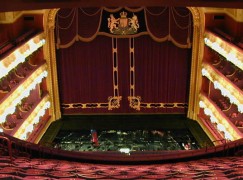Star pianist: AI will never replace me
NewsFrom an interview by Christian Berzins with Khatia Buniatishvili:
Do you think art will change fundamentally in this century? Do you think that an AI will play more beautifully than humans?
No, an AI cannot play better.
Why not?
Because art is part of human beings. Humans created art because they wanted to survive. At the end of their lives, humans leave the world and this knowledge tears them apart. Humans created something that resembles themselves from their own imagination. Art is the most human thing of all. It contains the imperfections of humans and it will outlast them. Humans do not want to simply eat, work, sleep and then die. They want more than that.
So AI can’t create art?
Beethoven’s unfinished 10th Symphony was finished with an artificial intelligence. That wasn’t Beethoven (laughs). It’s like love. Do you want to go on a date with an artificial intelligence? Maybe. But it will never be the same as between two people. For me that is unthinkable, which is why I say I am a person of the 20th century. For me that would be the end of humanity. Art is part of humanity.






Comments